Life
Sign up for our newsletter
We summarize the week's scientific breakthroughs every Thursday.
-
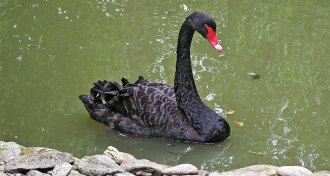 Animals
AnimalsImprobable ‘black swan’ events can devastate animal populations
Conservation managers should take a note from the world of investments and pay attention to “black swan” events, a new study posits.
-
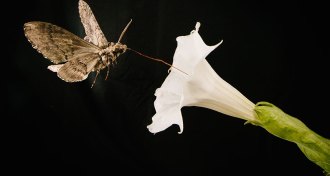 Ecosystems
EcosystemsHawk moths convert nectar into antioxidants
Hawk moths use their sugary diet to make antioxidants that protect their muscles.
-
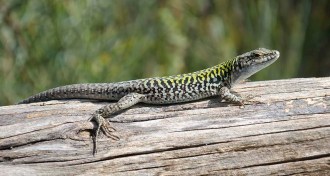 Animals
AnimalsSize matters to lizards, but numbers may not
Scientists have sized up the quantitative abilities of lizards and found that reptiles may not be as good with numbers as other vertebrates.
-
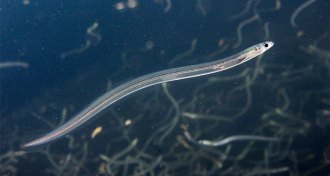 Animals
AnimalsYoung eels use magnetic ‘sixth sense’ to navigate
Migrating eels use Earth’s magnetic field.
-
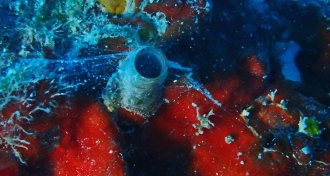
-
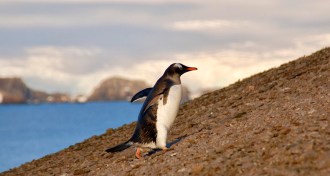 Ecosystems
EcosystemsVolcanic eruptions nearly snuffed out Gentoo penguin colony
Penguin poop dumps data on how a Gentoo colony responded to ancient volcanic eruptions.
-
 Ecosystems
EcosystemsVolcanic eruptions nearly snuffed out Gentoo penguin colony
Penguin poop dumps data on how a Gentoo colony responded to ancient volcanic eruptions.
-
 Genetics
GeneticsGene knockouts in people provide drug safety, effectiveness clues
People naturally lacking certain genes give clues about drug safety and efficacy, a study in Pakistanis shows.
-
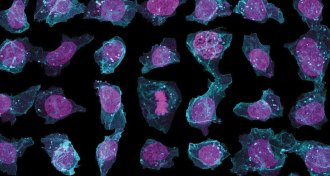 Life
LifeCells’ stunning complexity on display in a new online portal
A new online explorer tool from the Allen Institute for Cell Science shows 3-D models of cell interiors.
-
 Climate
ClimateThe Great Barrier Reef is experiencing a major coral bleaching event right now
A second coral bleaching event has struck the Great Barrier Reef in 12 months, new observations reveal, raising concerns about the natural wonder’s future.
-
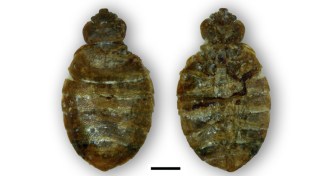 Paleontology
PaleontologyBedbugs bugged prehistoric humans, too
Scientists have found the oldest known specimens of bedbug relatives in an Oregon cave system where ancient humans once lived.
-
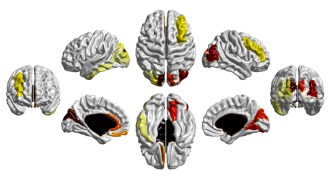 Humans
HumansScientists seek early signs of autism
The search for autism biomarkers, in the blood and the brain, is heating up.